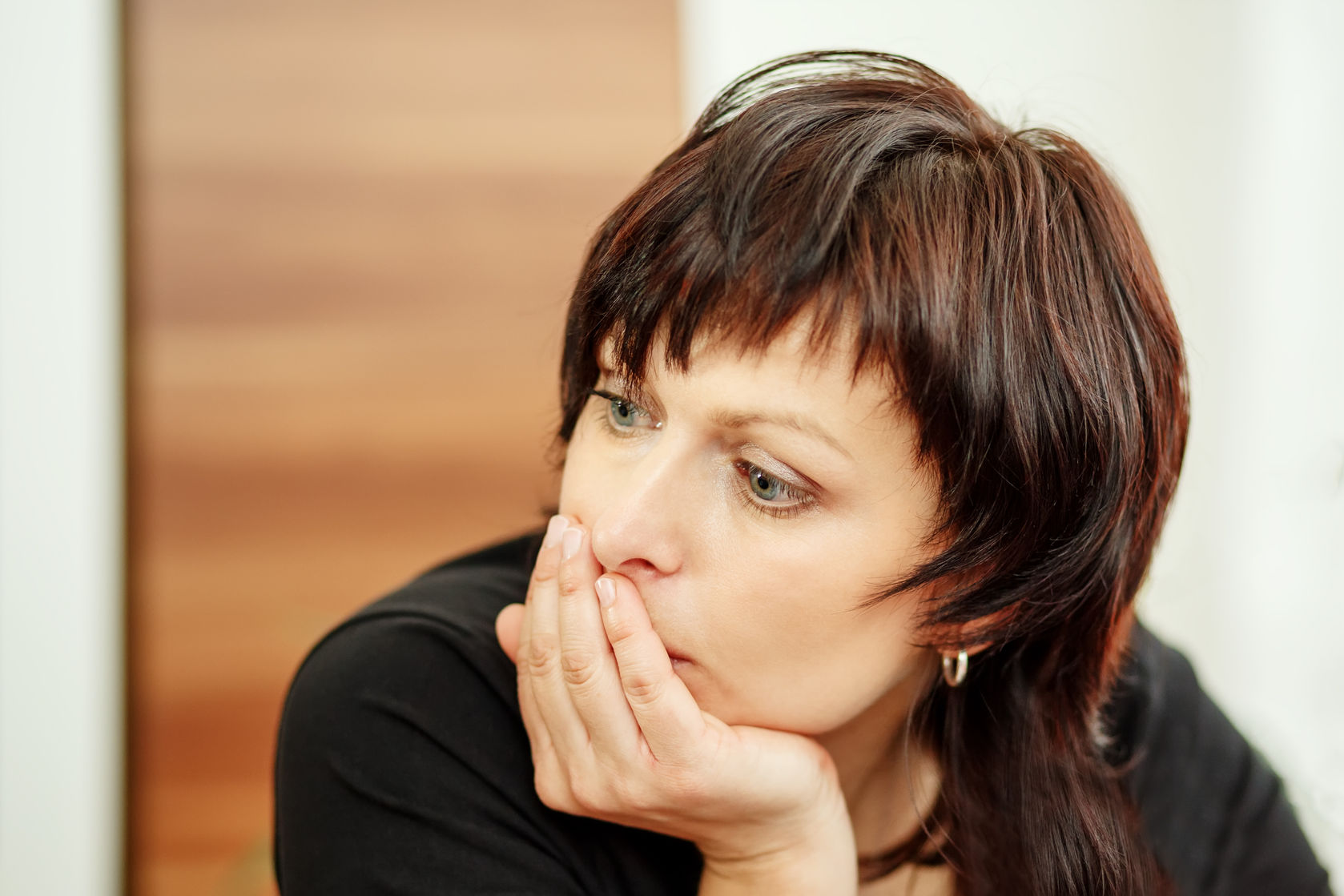
“After every stressful situation, we become a little older,” said Hans Selye, the father of modern stress theory.
“Stressing out” is what happens when we don’t handle stress in a healthy way. Stress and aging are closely related and the more stress you have, the faster your body will age.
So, how do we handle stress in a healthier way? Here are a few tried and true techniques to cope with unhealthy stress:
If you can’t change it, don’t worry about it.
When a situation has passed or is beyond your control, come to terms with it. Remember that you can’t always control situations, but you can control your reactions to them.
In Man’s Search for Meaning, Viktor Frankl writes:
Between stimulus and response there is a space.
In that space is our power to choose our response.
In our response lies our growth and our freedom.
Honoring that space means recognizing and using that single, precious moment to recognize your next best step, which may be no step at all. It may be a pause. Using that space wisely allows us to avoid repeating thoughts and/or behaviors that keep us stuck and suffering.
Here are some other tools for navigating stressful times.
Focus on solutions, not problems.
Feelings around loss of control can cause stress to continue. When a problem happens, focus instead on finding a solution to regain a sense of regulation. Often the solution is a process, not a specific action. Here are a variety of processes that help reduce stress.
Redirect negative thoughts.
Program your mind to “take five”. Mentally revisit calm, positive images and experiences instead of letting negative ones get a foothold.
One way to do this is through meditation. There are a multitude of techniques including mantra, mindfulness, and moving meditations. Like any skill, a mind/body practice must be done regularly, not just enlisted at a moment of crisis. Uninterrupted, dedicated practice over a long period of time builds resilience.
Take a deep breath.
Deep breathing helps to balance your hormones and increase oxygen levels while calming and minimizing your body’s response to stress. Practicing breath work daily (not just in the midst of a predicament) primes you so that you can breathe effectively when you need it most.
Move to mellow your mind.
Exercise works like a prescription that is designed to mellow one’s mood, but without the dulling side effects. As an added perk, research shows that fit people are biochemically less bothered by stress than those who are sedentary.
I recommend a minimum of 30 minutes of movement each day, alternately addressing flexibility, strength and aerobic training. The good news is that you don’t have to do it all at once. Studies show that a 10-minute session has as much benefit as longer sessions. If time is short, consider breaking it up.
Surround yourself with upbeat, positive people.
Emotions are contagious. Brain researchers use the term “mirroring” to describe how the brain reacts to people who reflect emotions, either positive or negative. Being around happy, uplifting people stimulates the brain to turn on happy emotions.
Watching the news, particularly during these turbulent times, can contribute to anxiety and depression. If you choose to stay informed, then do so, but understand that upsetting news takes it’s toll. Plan a way to detoxify by utilizing the recommendations here.
Putting it all together
If you or someone you love is looking to improve their health in 2018, consider the Prime-Time Health e-Course. You will learn scientific and holistic approaches to wellness including exercise, nutrition and mind/body techniques. Between now and December 25th the course is being offered at 2017 pricing. Learn more here.
Wishing you and yours a peaceful holiday and a healthy New Year.
